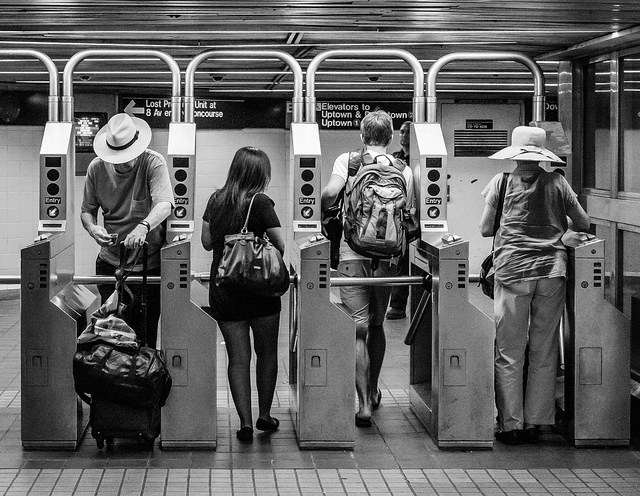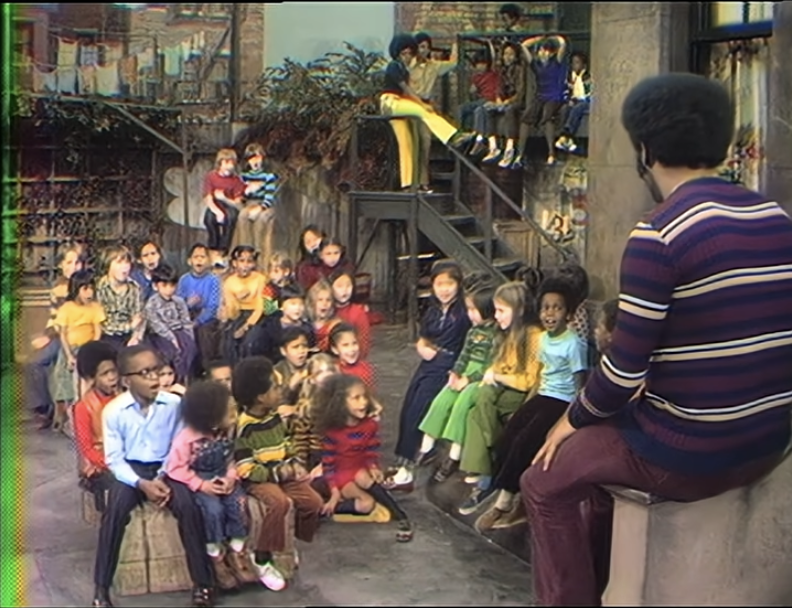If you're under 18 in California, jumping the turnstile can no longer saddle you with a criminal record. Last year, the state decriminalized transit fare evasion for minors, meaning young people can be fined but not charged with a misdemeanor.
California State Senator Robert Hertzberg, who represents part of the San Fernando Valley, sponsored the legislation because too many young people in his district had acquired criminal records just for being poor.
"They don’t have the cash to pay for a ride to school or maybe to a job, they get a ticket and next thing they know, the ticket can be hundreds of dollars, and they don’t know how to pay that," said Hertzberg spokesperson Andrew Lamar. "Kids would end up either being convicted of some misdemeanor or spending time in juvenile hall. The whole cause of this was getting a fare evasion ticket. That punishment is far too harsh for the crime."
The California bill came eight years after San Francisco decriminalized fare evasion for adults in 2008, but the idea now seems to be picking up steam. With renewed public attention on the excessive criminalization of poor people and people of color, some transit agencies and law enforcement officials are reevaluating their fare evasion policies.
In the Seattle region, King County decriminalized fare evasion for youth in 2015. And after a study by Portland State University found black riders were more likely to be punished for fare evasion than white riders, prosecutors in Portland decided to stop pursuing charges except in "extreme cases or cases of chronic offenders," according to the Oregonian.
The push to decriminalize fare evasion has yet to sway the mayor of the city with the most transit riders, however. Despite campaigning on a platform that emphasized police reform, New York City Mayor Bill de Blasio has refused to stop issuing criminal summonses for fare evasion. In 2015, it was the top arrest in the city, with 29,000 criminal summonses, of which 94 percent went to people of color, according to the Police Reform Organizing Project. The issue is under the microscope in 2017, since fare evasion arrests can put undocumented immigrants on ICE's radar, but de Blasio has not budged.
For transit agencies, whose mission should be to help people access their city, punitive approaches to fare collection don’t make sense, said Alex Engel of the National Association of City Transportation Officials. “A sensitive, sensible approach to inspection is key to creating an equitable system," he said. "Transit systems can train and deploy proof-of payment fare inspectors to ensure consistent inspection across routes and time of day. Fairness and the safety of both inspectors and riders is paramount; criminalizing riders will not result in an equitable transit system."
Transit agencies stand to gain a lot by worrying less about fare enforcement and more about fare collection methods that speed up service, said Jon Orcutt, policy director at TransitCenter. "We think this idea of focusing on ease of payment by the rider is more important," he said. "If you have growing ridership, it’s better for your bottom line than wondering if you caught someone who didn’t pay."
Some agencies are loathe to adopt all-door boarding on buses, for example, because they fear fare evasion, passing up opportunities to speed up service and gain riders. "Transit people here have this religion about avoiding any possible fare evasion,” said Orcutt.
San Francisco's Muni, which was ahead of the curve on decriminalization, is out in front on faster fare collection too. The agency allows all-door boarding on all buses rather than insisting on verifying payment at the front door (there are farecard scanners at rear doors). In addition to improving trips for riders, the policy has been popular with the drivers' union, Orcutt said, because it reduces a common cause of confrontations.






